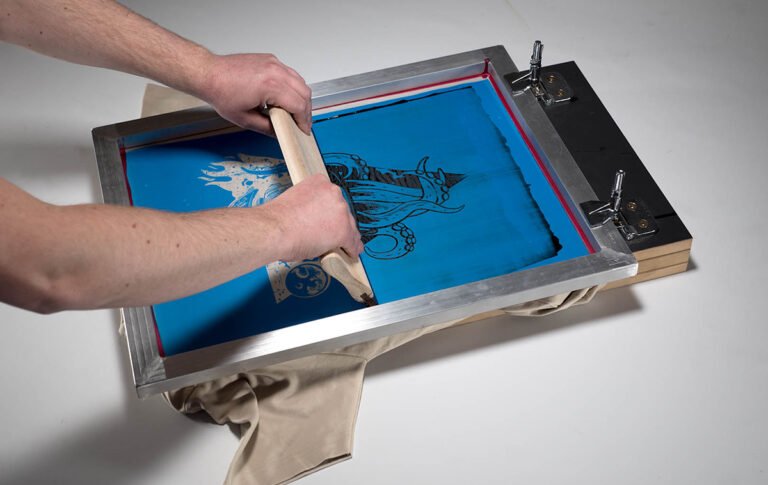Taking Medicine and Being Mindful to Manage Anxiety
Overview
Anxiety is a common mental illness that has a big influence on relationships, day-to-day functioning, and general well-being. While there are many other treatment methods available, a combination of medicine and mindfulness exercises has demonstrated encouraging outcomes in the efficient management of anxiety. This article delves into the combination of mindfulness practices and anxiety medication, examining their advantages, ways in which they work well together, and useful tactics for those who want to reduce their anxiety symptoms.
Recognizing Anxiety and Its Effects
Anxiety can take on various forms, such as social anxiety disorder (SAD), specific phobias, and generalized anxiety disorder (GAD). It is characterized by ongoing anxiety, fear, or trepidation, which can cause bodily symptoms like sweating, shaking, fast heartbeat, and digestive problems. Long-term anxiety can affect many facets of life, including sleeplessness, focus issues, and poor social connections.
The Function of Anti-Anxiety Drugs
Prescription drugs for anxiety that increase serotonin levels in the brain are known as selective serotonin reuptake inhibitors, or SSRIs. They support mood regulation and anxiety symptom relief. Sertraline (Zoloft), escitalopram (Lexapro), and fluoxetine (Prozac) are a few examples.
Cognitive-Behavioral Therapy (CBT): CBT is a therapy technique that is frequently used in conjunction with anxiety medication, despite not being a drug. It emphasizes on recognizing and altering unfavorable thought patterns and anxiety-related behaviors, encouraging long-term coping mechanisms.
Mindfulness-Based Approaches
By encouraging awareness, relaxation, and emotional regulation, mindfulness practices—such as breathing exercises, meditation, and mindfulness-based stress reduction (MBSR) techniques—can support anxiety medications.
The Benefits of Mindfulness for Managing Anxiety
Developing Awareness
Mindfulness invites people to examine their ideas, emotions, and physical experiences objectively. This increased awareness promotes a sense of control and self-awareness by making it easier to recognize anxiety triggers and patterns.
Encouraging Relaxation:
By triggering the body’s relaxation response, mindfulness practices like progressive muscle relaxation and deep breathing offset the physiological impacts of anxiety, such as stiff muscles and a fast heartbeat.
Improving Emotional Regulation: People who engage in mindfulness practices become more resilient and equanimous in the face of anxiety-inducing circumstances. They learn how to manage difficult emotions and maintain composure in the face of uncertainty.
Increasing Clarity and Focus:
Consistent mindfulness training improves all aspects of cognitive functioning, including concentration and focus. This can be especially helpful for people who are having trouble focusing or making decisions because of anxiousness.
Combining Medicine with Mindfulness
All-encompassing Approach: An all-encompassing approach to managing anxiety is provided by combining mindfulness practices with anxiety medication. In order to create a comprehensive treatment plan, medication treats physiological symptoms while mindfulness addresses cognitive and emotional issues.
Enhanced Effectiveness
Research has demonstrated that, in comparison to either strategy alone, the combination of medicine and mindfulness-based interventions can result in a larger reduction of symptoms and an improvement in general well-being. The synergistic effects enable people to approach worry from several perspectives.
Long-Term Advantages: Beyond the acute stage of anxiety, incorporating mindfulness into daily living fosters lasting well-being. It helps people develop resilience, improve self-awareness, and handle stress, all of which are factors in long-term mental health.
Effective Integration Techniques
Consultation with Healthcare practitioner:
It is important to have a consultation with a healthcare practitioner before implementing mindfulness practices in an anxiety treatment plan. This is especially true when making changes to medication dosage or introducing new techniques.
Programs for Mindfulness-Based Stress Reduction (MBSR): Taking part in organized MBSR courses taught by qualified teachers might help you acquire mindfulness techniques specific to managing anxiety.
Regular Procedure:
The secret to enjoying the advantages of mindfulness is consistency. Even for a short while, establishing a daily mindfulness practice can help to improve mental health and resilience over time.
Interation into Daily Life: You can include mindfulness into a variety of everyday activities, such walking, mindful dining, or even short mindfulness breaks while working or studying. These little exercises support general awareness and stress relief.
Patience and Self-Compassion: Two qualities that are crucial to the mindfulness path are self-compassion and patience. It’s acceptable to experience difficulties or failures; the key is to develop an accepting and caring mindset toward oneself.
In summary
In order to effectively manage anxiety, medication and mindfulness practices work together to address both the psychological and physiological components of the illness. Through the integration of mindfulness practices, which facilitate self-awareness, relaxation, and emotional control, and anxiety medication’s symptom-relieving effects, people can regain a sense of balance and resilience in their life. A route to long-term anxiety treatment and improved wellbeing is provided by the combination of medicine and mindfulness, which can be incorporated into daily routines, practiced consistently, and discussed with healthcare specialists.







